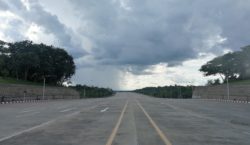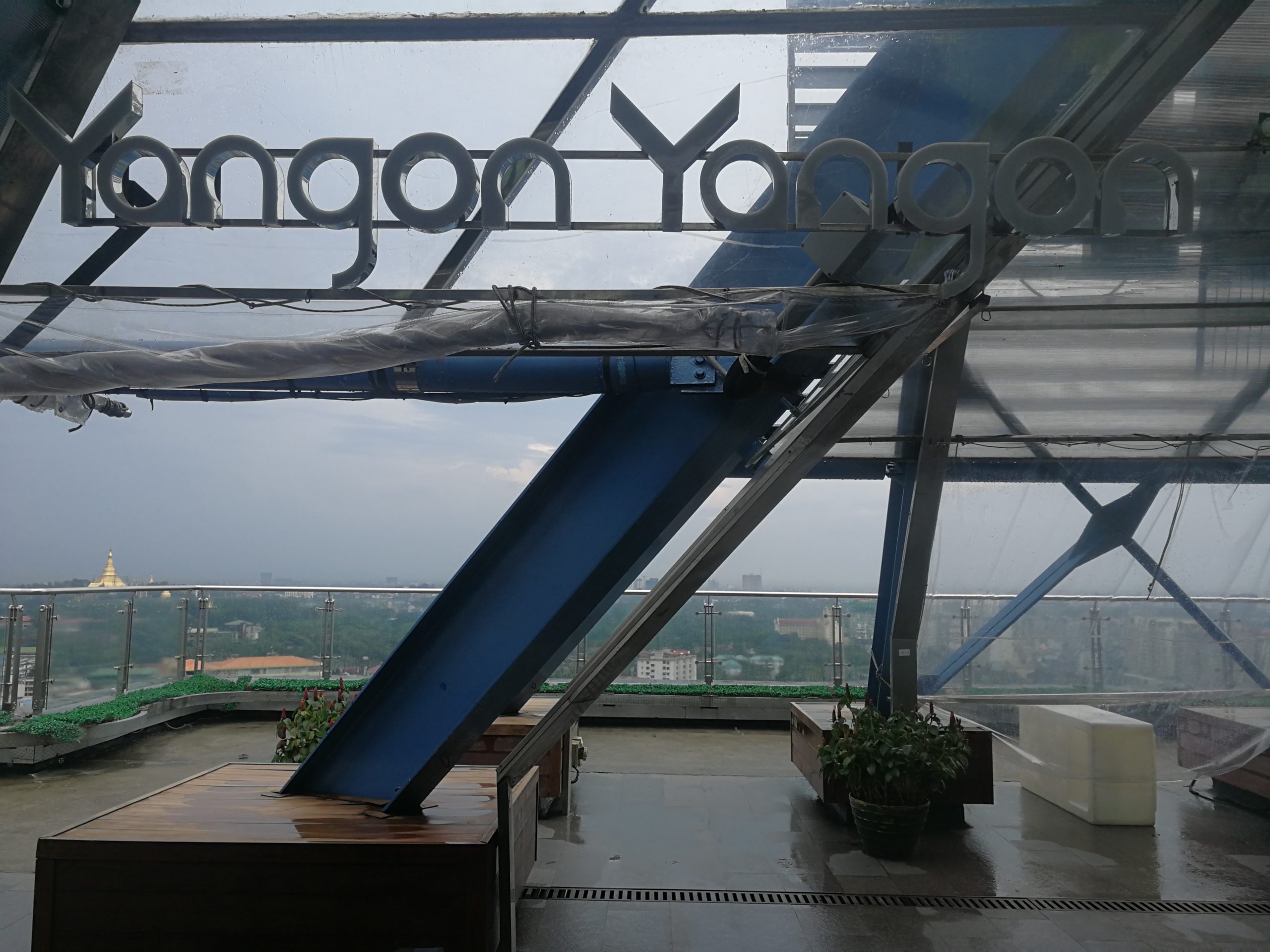
Did you ever wonder what it would be like to live in a country that has only recently started opening up to the world outside its own borders?
ScandAsia has talked to four people living in Myanmar about the life in the mysterious country.
Norwegian Astri Hole Fredriksen has her own travel agency in partnership with a local tourist company. Her job is mainly to attract and guide Scandinavian tourists. She has lived in Myanmar from 1991 to 1994 and again from 2008 until now, 2019, with her husband Jørn Kristensen.
Jørn Kristensen is from Denmark and used to work for the United Nations Drug Control Program. He now has his own company, Myanmar Institute for Integrated Development. Among other things, the institute teaches minorities in mainly the highlands of Myanmar about nutrition.
Birgitte Weeke first moved to Myanmar from Denmark in 2013 when she was sent by Carlsberg to be part of the company’s coming brewery. After two years, she moved to Malaysia, but is now back in Myanmar.
Finally, Martin Hamann, also from Denmark, has lived in Myanmar since 2014. He worked for Telenor at the time. The company launched half a year after his arrival and a few months later he changed job. Today he’s a consultant, still working in the rural solar industry.
They all four live in Yangon, the largest city of Myanmar, former known as Rangoon.
Cultural and social challenges
Transition has happened through the respective time periods, all four have lived in Myanmar. Sim cards have gone from being unobtainable at several thousand dollars to costing one dollar, supermarkets have arrived, the taxi app Grab is available.
It has also become possible to buy Western food and go shopping. Yangon is almost like any other metropolitan. Almost.
Because while the neighbouring countries have developed rapidly, Myanmar has been a bit slower and the preservation of culture shines through in everyday life.
“There’s no way to really prepare for life here because it’s incomparable to anything else,” says Jørn Kristensen, who has also lived in several other countries.”
He stresses however, that since Myanmar began to open up and more foreigners are working and living in Yangon, life has gotten a lot easier.
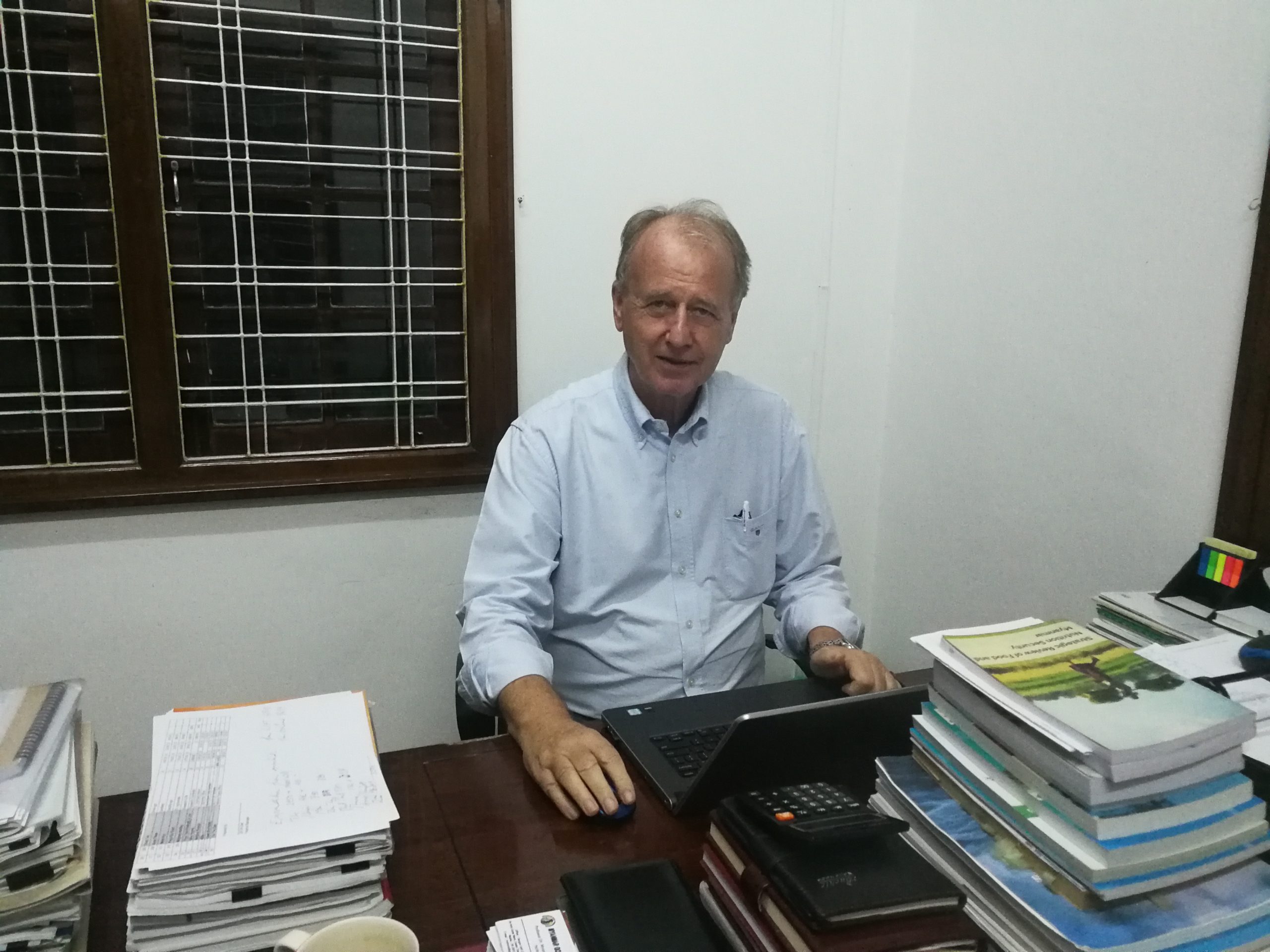
But there still are a few things to be aware of before moving to Myanmar.
For instance, it isn’t possible for foreigners to buy and own land, Jørn Kristensen says. Unless they own a company, which then buys land.
Starting a company, in return, isn’t difficult to do.
“It’s easy to register your own company,” Jørn Kristensen says.
However, his wife Astri Hole Fredriksen is not allowed to have her own tourist company. She had to partner up with a local agency in order to do so.
“But I don’t mind. I like working with the local agency,” she says.
Poor expat management
Martin Hamann was sent to Myanmar through the company, he worked for, in 2014.
He has experienced some challenges in regard to work life, which expats should be aware of, when they take a job in Myanmar. The working culture is very different to what Martin Hamann is used to from Scandinavia.
“In this market, it’s not only about finding the right solutions and having a rational discussion with your stakeholders. Here the mechanisms are different. It’s about hierarchy and making sure no one loses face,” Martin Hamann says.
After five year, he finally understands the culture a bit better. He actually finds that expats who don’t abide by the cultural rules are the ones to cause trouble at work sometimes.
“The most common mistake expats make is that they don’t understand the culture and the hierarchy. There’s a lot of poor expat management out here.”
He goes on to explain that where a superior in Denmark is likely to request employees for feedback, in Myanmar that is not a common practice. The culture instead encourages respect for the managers.
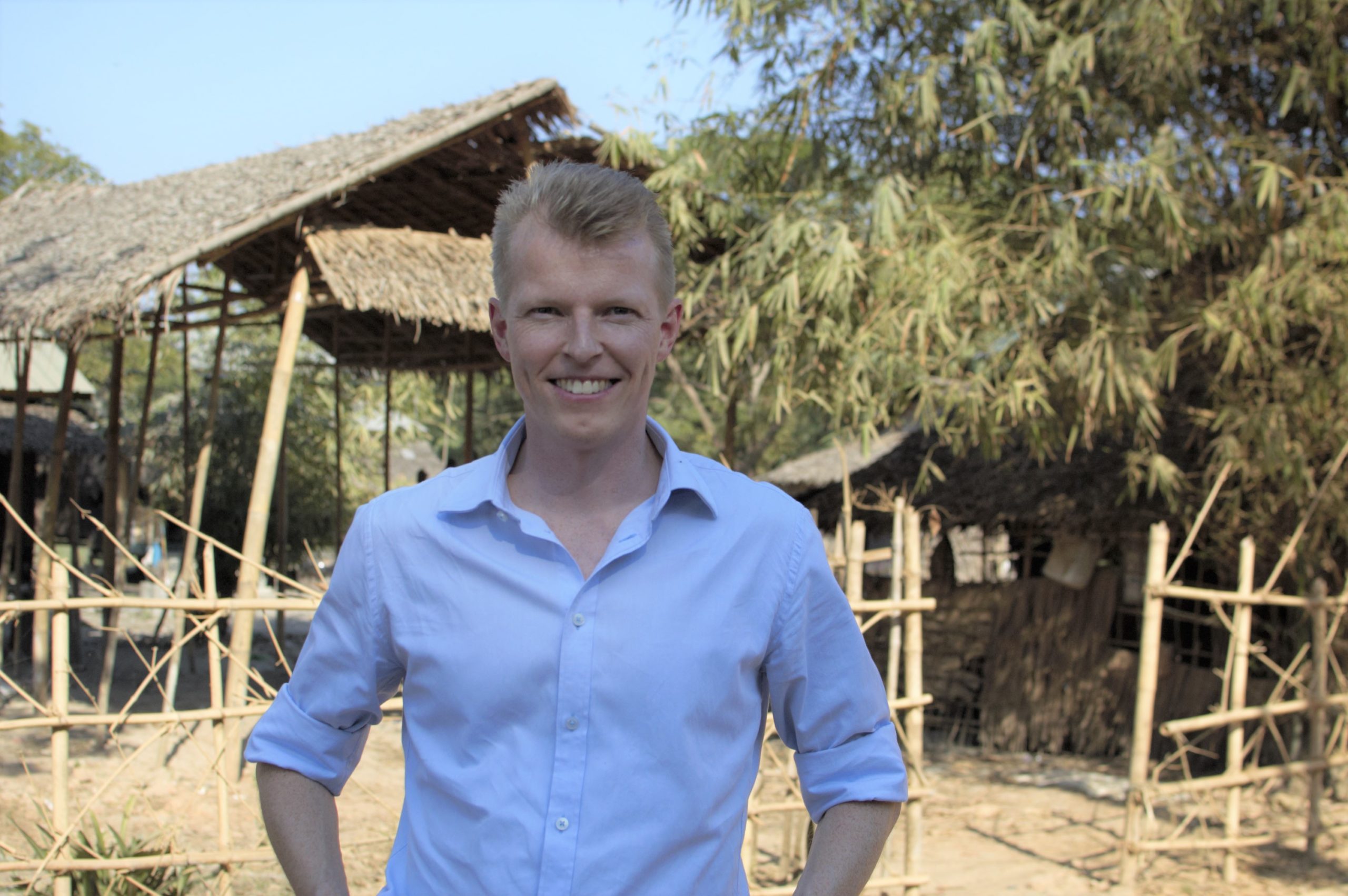
Birgitte Weeke was also originally sent to Myanmar by her company, Carlsberg, which she worked for at the time. Here, the work culture was different, and she therefore hasn’t experienced the issues, Martin Hamann talks about.
“We were so few people in the beginning, that we sat around the table for lunch every day like a family,” Birgitte Weeke says and goes on to explain that the work culture was more similar to that in Denmark.
“The locals found it exciting and challenging.”
To Norwegian Astri Hole Fredriksen, what’s most interesting about the work culture is, that it doesn’t define who you are the way it would in Norway or Denmark, where she has also lived. She finds it liberating, that there is more to a person than their CV or current title in social settings.
“People don’t care what you do or where you work. It matters more who you are as a person,” she says.
No bare skin
In your personal time after work there are also a few good-to-knows about living in Myanmar.
It’s still a very conservative country in many ways. While Astri Hole Fredriksen enjoys the respect for the elderly in accordance with the hierarchical culture, there are also certain rules one is expected to abide by.
As a tour guide, she always tells her customers how to dress for Myanmar. It isn’t just any South East Asian country where mini-skirts and board-shorts are the norm in the all year round hot climate. In Myanmar, you are supposed to dress conservatively and cover up. This applies for both men and women.
Astri Hole Fredriksen is well accustomed to this by now.
“I notice when people wear too little clothes and a lot of skin is showing.”
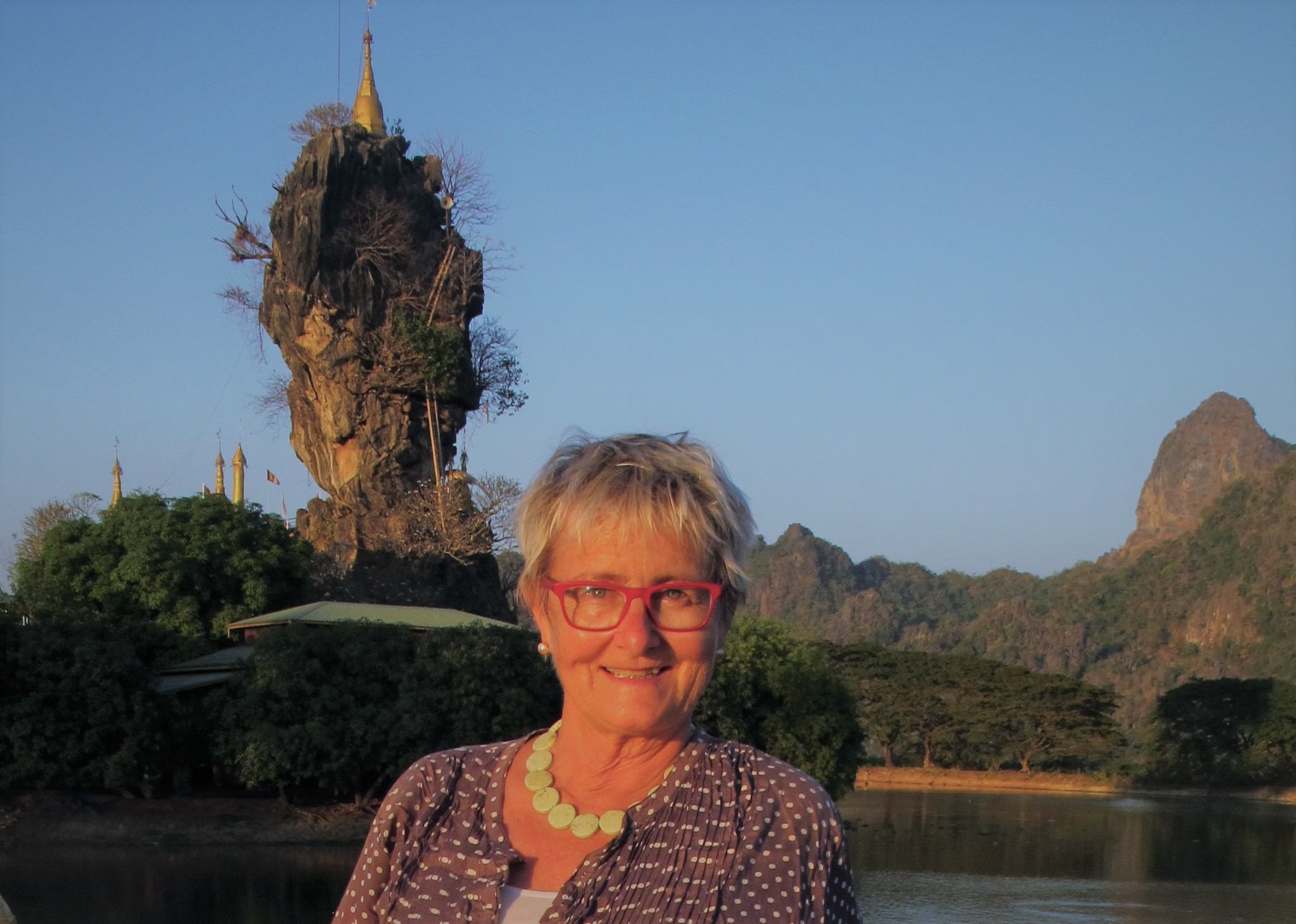
She also tells her customers how to act politely and respectfully in the country.
“The culture and day to day life is much influenced by Buddhism with both young and elderly paying deep respect to the monks,” Jørn Kristensen says.
It’s therefore a good idea not to behave inappropriately near religious sites. Or anywhere else for that matter.
Mind the gap
Being an expat in Myanmar has become a lot easier. When Astri Hole Fredriksen and Jørn Kristensen first arrived in the early 1990’s there weren’t many of their kind. Today, expats are a much more common sight in the streets of Yangon.
“There is a large expat environment. It’s a comfortable society for foreigners,” Astri Hole Fredriksen says.
Birgitte Weeke also finds living in Myanmar comfortable and has never felt unsafe.
“I feel extremely welcome. Being a foreigner hasn’t been a challenge for me here,” she says.
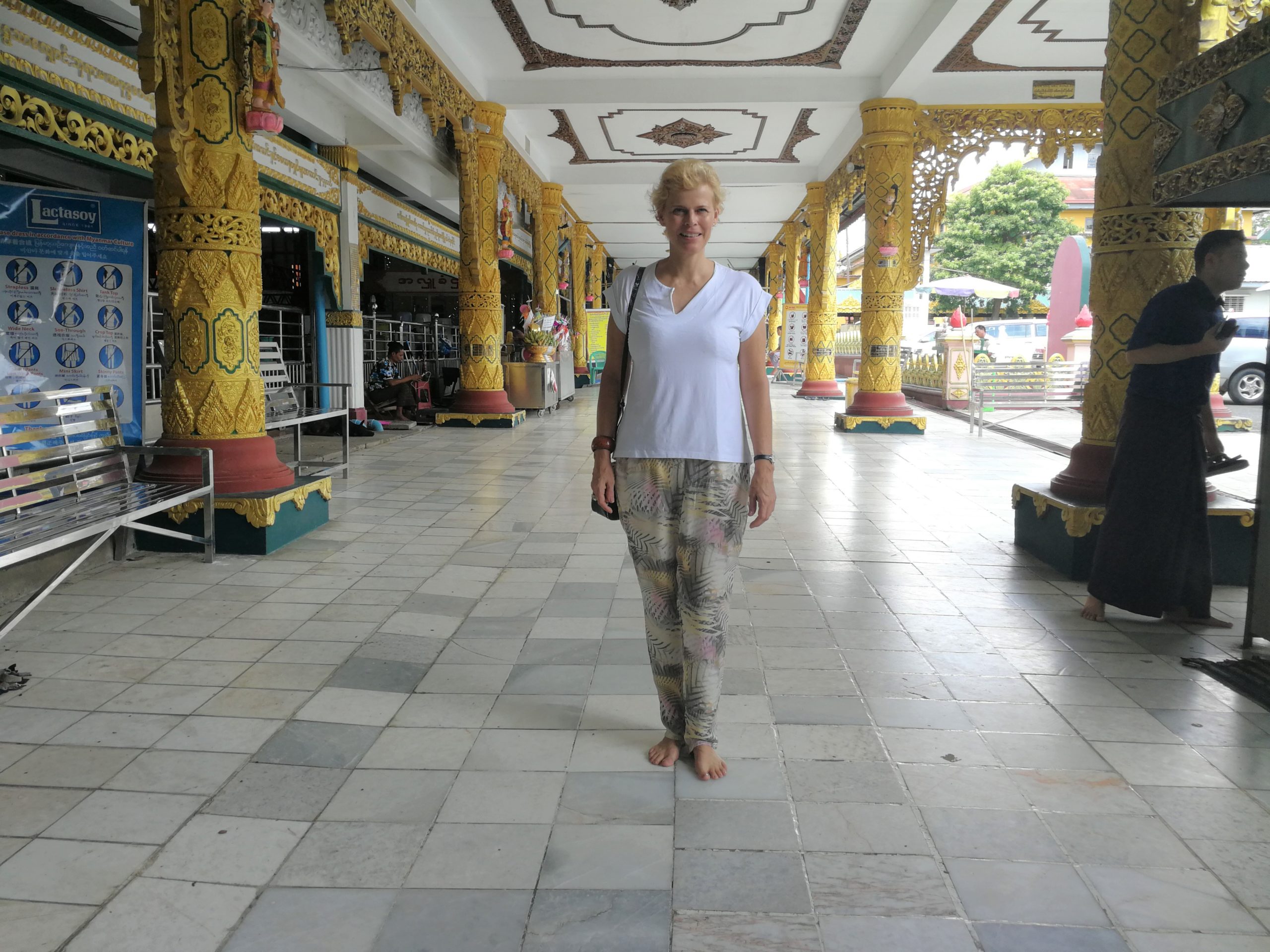
Even as women, neither Astri Hole Fredriksen or Birgitte Weeke have had any bad experiences despite Myanmar’s conservative nature.
“Foreign women are allowed more freedom than local women. People acknowledge that there are cultural differences,” Astri Hole Fredriksen says.
She explains that it for instance isn’t common for a local woman to go out by herself at night. In the meantime, no one will frown upon a foreign woman doing the same.
There are also other clear differences between being a foreigner and a local.
As foreigners, all four will have to pay for entering the Shwedagon Pagoda and other sacred places, while it is free for locals. When Martin Hamann goes bouldering, he also has to pay more than locals.
“I feel like the price setting creates an unnecessary gap between locals and expats,” he says.
However, all four interviewees agree that the local people are as nice as can be.
“Everyone here is so sweet,” Birgitte Weeke says.




